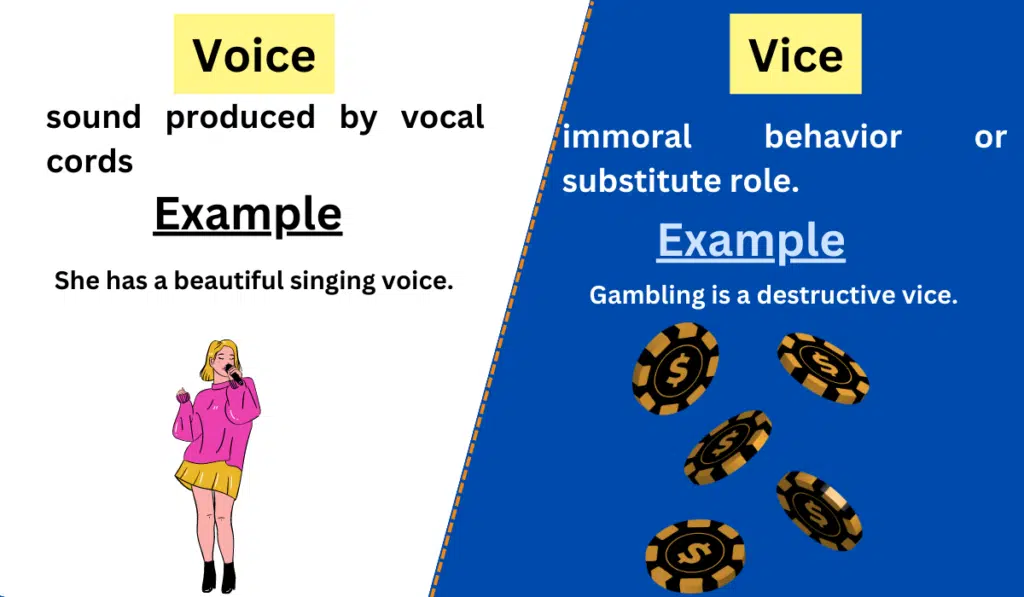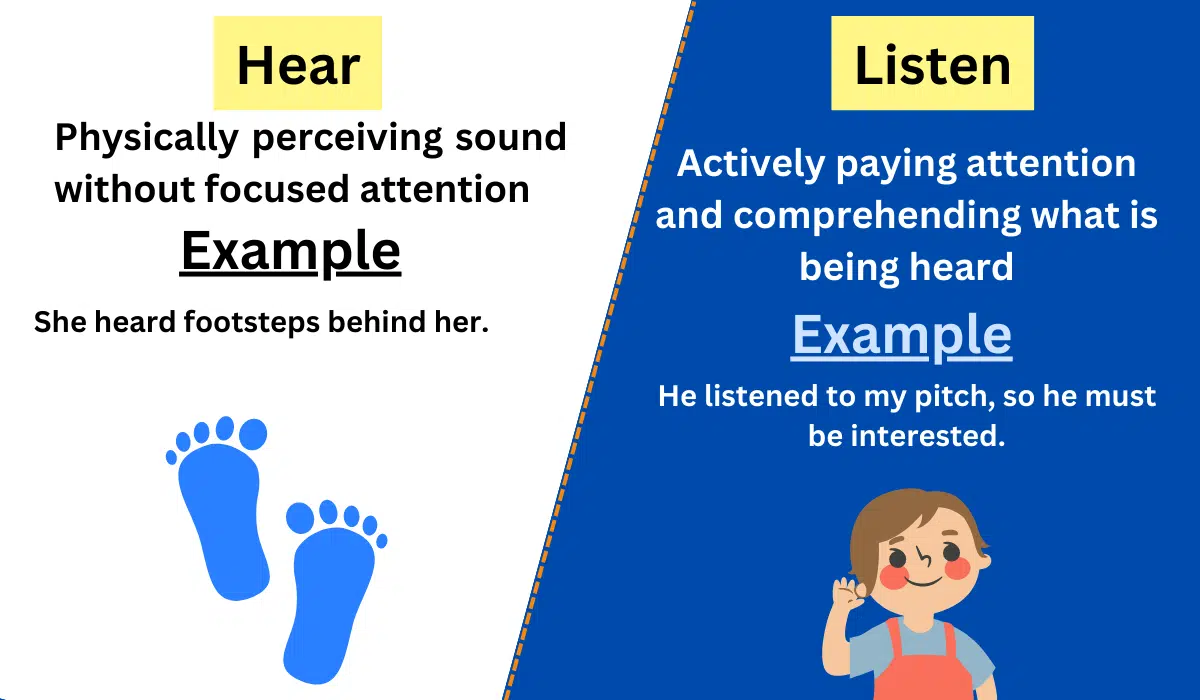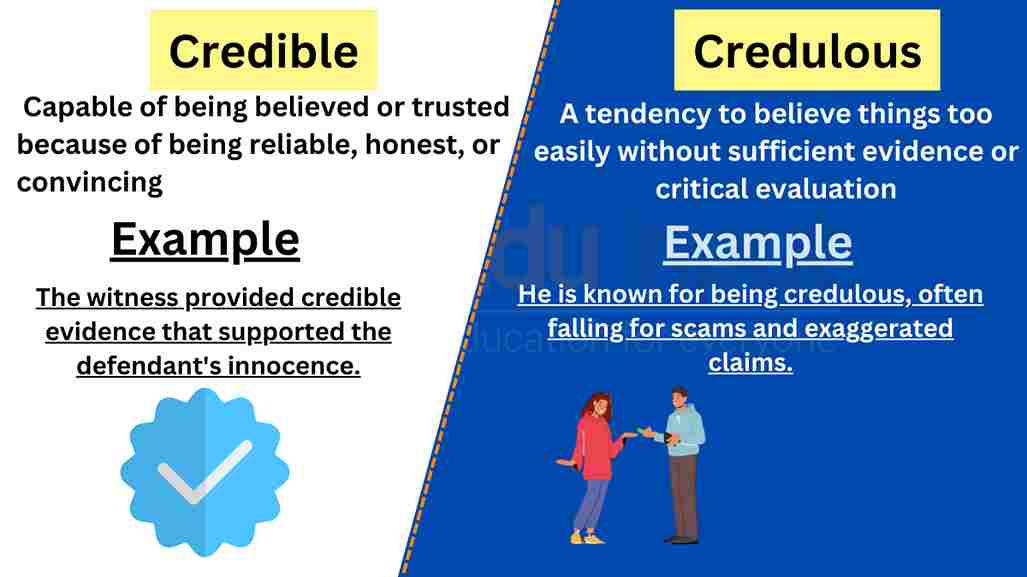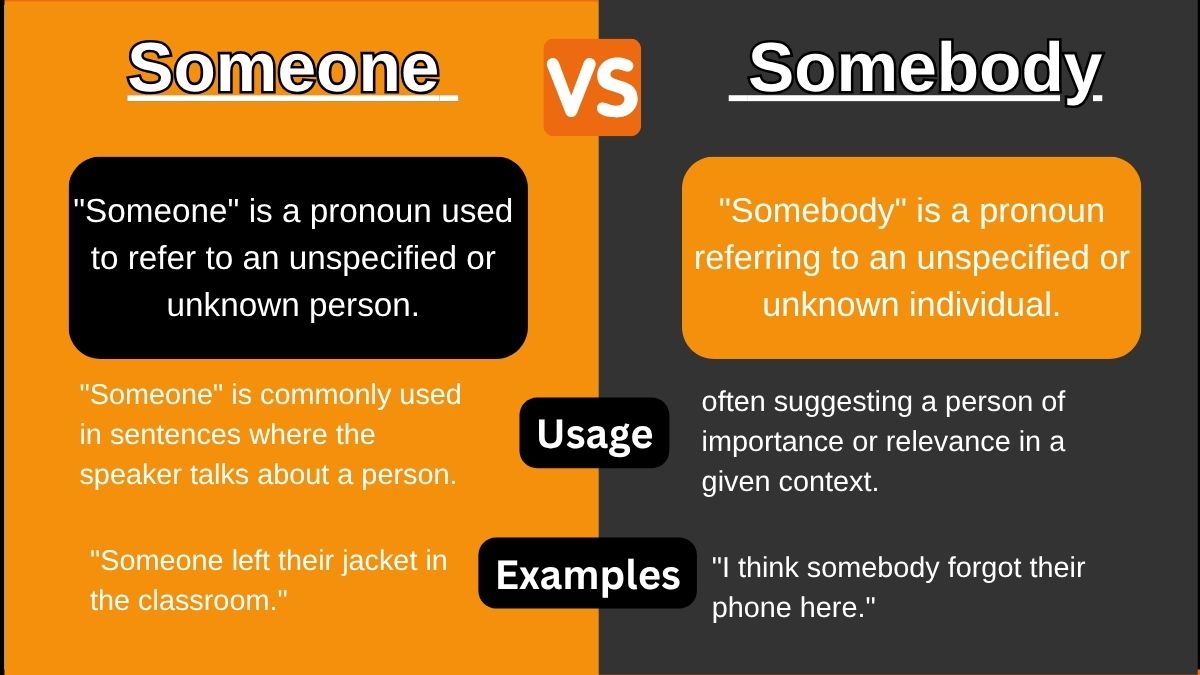Voice vs. Vice- Difference Between and Examples
In the English language, certain words may sound similar but have completely different meanings and applications. One such pair is “voice” and “vice.” Although these words share a common sound, they have distinct definitions and contexts.

This article aims to shed light on the difference between “voice” and “vice,” providing clear explanations and examples to help readers grasp their proper usage.
By understanding the nuances between these terms, individuals can express themselves accurately and avoid confusion.
Let’s explore the meanings and uses of “voice” and “vice” in the English language.
Meanings and Examples
Voice Definition
Definition: “Voice” is a noun that refers to the sound produced by the vocal cords of a person or animal.
It is an essential medium for communication and expression, allowing individuals to convey their thoughts, emotions, and desires. “Voice” can also denote the individual style or tone of speaking or singing.
Examples of Voice
- She has a beautiful singing voice.
- He raised his voice to express his frustration.
- The novel’s narrator had a distinct narrative voice.
Vice Definition
Definition: “Vice” is a noun that signifies immoral or wicked behavior, habits, or practices. It refers to activities that are considered morally wrong or socially unacceptable. “Vice” can also be used as a prefix in compound words to indicate a substitute or deputy role.
Examples of Vice
- Gambling is a destructive vice that can lead to financial ruin.
- He struggled with various vices such as smoking and excessive drinking.
- The vice president will act as a spokesperson in the CEO’s absence.
Difference between Voice And Vice
| Category | Voice | Vice |
| Meaning | Noun: sound produced by vocal cords | Noun: immoral behavior or substitute role |
| Example | “She has a beautiful singing voice.” | “Gambling is a destructive vice.” |
| Usage | Communication, expression, speaking, singing | Morality, habits, behaviors, substitute role |
| Context | Speech, singing, narration, individuality | Ethics, social norms, deputy positions |
Usage in a Paragraph
The noun “voice” is primarily used to describe the sound produced by a person’s or an animal’s vocal cords. It serves as a fundamental means of communication and expression, allowing individuals to convey their thoughts, emotions, and intentions.
People often have unique speaking or singing voices that distinguish them from others. For example, a person may have a deep, melodious singing voice or a soft and gentle speaking voice. Additionally, “voice” can refer to the distinctive style or tone used by a narrator in a literary work, enhancing the overall narrative experience.
On the other hand, “vice” is a noun that represents immoral or wicked behavior, habits, or practices. It encompasses activities that are considered morally wrong or socially unacceptable.
Examples of vices include gambling, substance abuse, dishonesty, or any other behaviors that harm one or others. Additionally, “vice” can be used as a prefix in compound words to denote a substitute or deputy role.
For instance, a vice president acts as a substitute for the president in their absence, assuming certain responsibilities and decision-making authority.
In conclusion, “voice” and “vice” may sound similar, but they have distinct meanings and contexts in the English language. “Voice” refers to the sound produced by vocal cords, enabling communication and expression.
It can also signify an individual’s speaking or singing style. On the other hand, “vice” denotes immoral behavior or habits that are considered socially unacceptable. It can also indicate a substitute or deputy role in certain contexts.
By understanding the differences between “voice” and “vice,” individuals can use these words accurately and effectively in various situations.







Leave a Reply